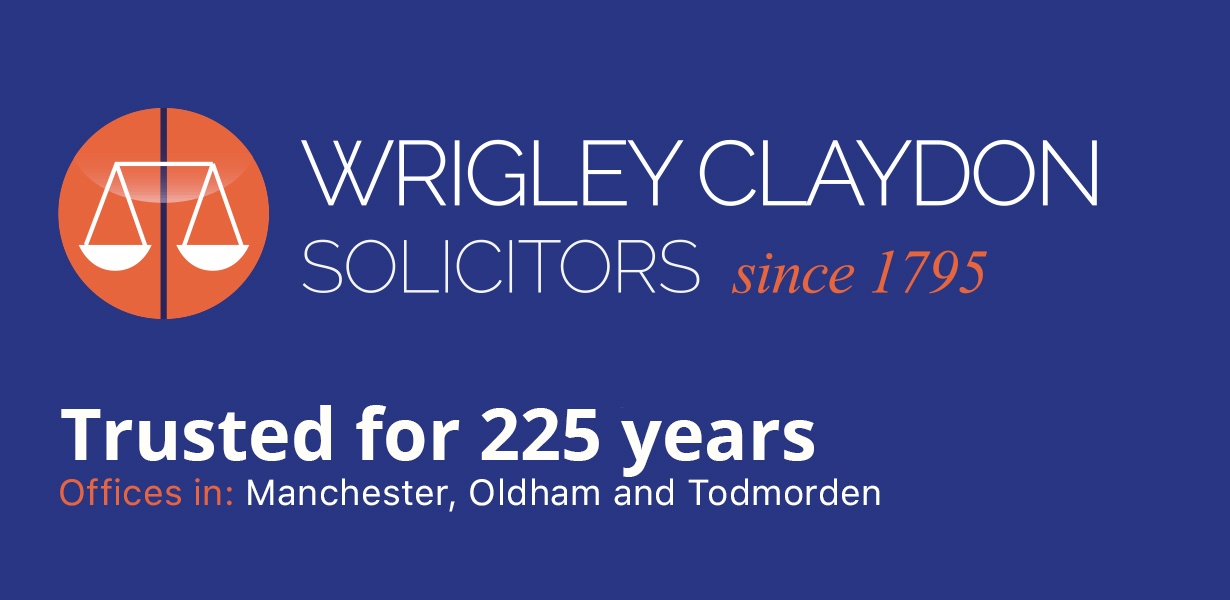Trusts can be created outright or within the terms of a Will, often for Inheritance Tax (tax efficiency) purposes.
They are commonly created to make provisions for members of a family including grandchildren and any disabled persons without making an outright gift.
HMRC sets out a number of purposes for a Trust:
- To control and protect family assets
- When someone is too young to handle their affairs
- When someone can’t handle their affairs because they are incapacitated
- To pass on money or property while you are still alive
- To pass on money or property under the terms of your will
A Trust is a legal arrangement where you give cash, property or investments to someone else so they can look after them for the benefit of a third person. A common example of this is when parents put money aside in a Trust for their children.
What does a Trust do?
When you put property, investments or money into a Trust then they no longer belong to you. When you pass away they won’t be counted when your Inheritance Tax bill is worked out.
Whatever you have put into the Trust belong to the Trustee, who has a legal duty to look after them for the person who will benefit from the Trust in the end.
When you set up a Trust you decide the rules about how it’s managed – for example, you could say that your children will only be allowed access to their Trust when they reach the age of 18.
The team at Wrigley Claydon have a wealth of experience in dealing with matters related to Trusts.
For Government guidelines and more information on Inheritance Tax thresholds, please visit the gov.uk website.


